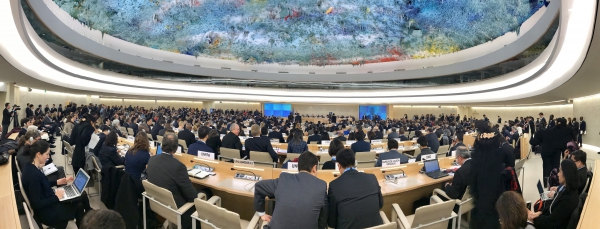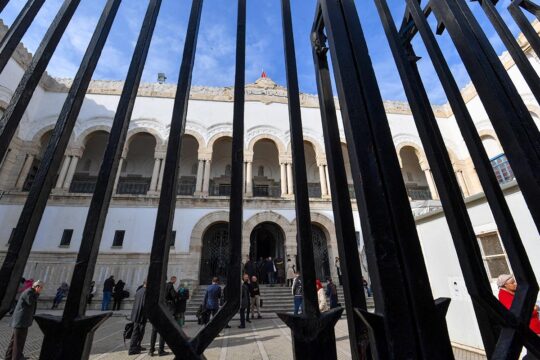In Tunisia, a lawyer is fighting for the decriminalization of cannabis use. The issue might seem marginal in comparison with war crimes and crimes against humanity. But for him, imprisonment of mostly young cannabis users under a law of the former Ben Ali regime, is proof that the country’s democratic transition still has a long way to go.
Lawyer Ghazi Mrabet is fighting to scrap “Law 52”, and he is not alone. Both Prime Minister Youssef Chahed and President Beji Caied Essebsi also say they want the law revoked. “This lawyer and human rights activist is now urging a presidential pardon for all those in prison under Law 52 and a general amnesty for all those convicted since 1992, so as to end the social stigmatization that affects them for life,” writes JusticeInfo’s Tunisia correspondent Olfa Belhassine. “If the Tunisian State does not recognize that this law is causing injustice, humiliation and repression, whilst the government admits all the arguments of our movement, that means penal policy has failed with regard to the fight against drugs.” Mrabet does not doubt that he will win. His next fight will be for the abolition of the death penalty, another relic of the old regime.
Syria and Sri Lanka
Meanwhile, this week saw a continuing litany of war crimes, frequently denounced but rarely punished. In Syria, all sides that fought in the battle for Aleppo committed war crimes and the deal to evacuate civilians after the rebel defeat was a "crime of forced displacement”, a UN report said on Wednesday. For the first time, the United Nations independent Commission of Inquiry (COI) for Syria pointed the finger directly at the Syrian regime for the September bombardment of a humanitarian convoy near Aleppo in September. The COI was set up in August 2011, a few months after the start of the Syrian conflict, but has never been allowed to go to Syria. It has already delivered several other damning reports, but action has been blocked in the UN Security Council by China and Russia. International justice continues to suffer from a lack of will to act.
Yet we should nevertheless take hope that it is moving forward, according to Philip Grant, head of Swiss anti-impunity NGO TRIAL International. “To circumvent the blockages in the Security Council, the UN General Assembly reacted by passing a Resolution last December setting up a mechanism to assist investigations into the most serious crimes committed in Syria,” he said in an interview with our partner Swissinfo. “This should be put in place in Geneva in the coming weeks, under the auspices of the UN High Commissioner for Human Rights. Each time there is an obstacle, there are initiatives to get round them. More and more victims will finally catch up with their torturers.”
Victims are also impatient in Sri Lanka, where the government is prevaricating on the reconciliation process and transitional justice measures it promised in the wake of a civil war that left tens of thousands dead, displaced and disappeared. The UN this week called on the government to fulfil its promises. In a report to the Human Rights Council, the UN High Commissioner for Human Rights denounced the government’s slowness on transitional justice. He said it had made "worryingly slow" progress in addressing its wartime past, warning that this could threaten lasting peace and stability.
“This government’s electoral constituency is heavily Sinhala Buddhist, and that is the population from which the military is drawn,” says Kate Cronin-Furman, a Harvard specialist on Sri Lanka, in an interview with JusticeInfo.net. “It’s a population that really venerates the Sri Lankan military and feels very strongly that these are war heroes. So a push to prosecute these people is problematic electorally, and also people who are potentially complicit in major crimes are still in positions of power in the government today.”







